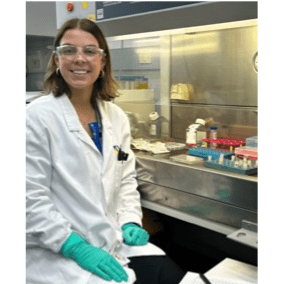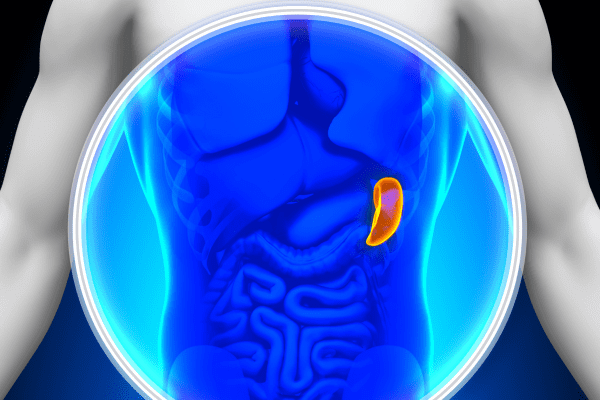Your content goes here. Edit or remove this text inline or in the module Content settings. You can also style every aspect of this content in the module Design settings and even apply custom CSS to this text in the module Advanced settings.
Recent research from the Walter and Eliza Hall Institute of Medical Research (WEHI) has revealed significant findings regarding the health management of individuals with coeliac disease, particularly in relation to pneumococcal vaccination. Supported by Coeliac Australia’s research funding program, this study represents a pioneering effort to systematically evaluate spleen function in Australians with coeliac disease, shedding light on the broader implications of the autoimmune disorder.
A key discovery is that individuals with coeliac disease will be better protected against serious infection if vaccinated against pneumococcus.
Although hyposplenism itself was found to be relatively uncommon, the researchers identified a significant impairment in the function of IgM Memory B Cells—crucial components of the body’s initial defence against infections. Notably, more than a third of adults with well-managed coeliac disease still exhibited suboptimal B cell function, which reduces their ability to produce antibodies against pneumococcus bacteria.
Given these findings, the importance of pneumococcal vaccination becomes clear. While pneumococcal vaccines are routinely administered to children, the study underscores the necessity of extending this protection to adults with coeliac disease. The next critical step, as suggested by the research team, is to integrate these vaccination recommendations into clinical practice guidelines. Such measures aim to mitigate the risk of severe infections in those with coeliac disease, enhancing overall patient care and safety.
For a more detailed look at the study and its implications, you can access the full article here: https://www.ncbi.nlm.nih.gov/pmc/articles/PMC10891918/
Meet the researcher – Olivia Moscatelli


For many researchers, the path to scientific inquiry is often personal. This is particularly true for Olivia Moscatelli, a young scientist at the University of Melbourne, whose own diagnosis with coeliac disease during a pivotal time in her life steered her towards a career dedicated to understanding and combating the condition.
From Personal Struggle to Professional Passion
Diagnosed with coeliac disease in her late teens, she faced the daunting challenges of severe health issues, which culminated in a stressful and invasive diagnostic process. This personal health crisis not only led to her diagnosis but also sparked an intense interest in coeliac disease research. Her subsequent internship in Assoc. Prof Jason Tye-Din’s lab at WEHI was a pivotal moment that transformed her curiosity into a dedicated research career. Her journey underscores the profound impact that personal experiences can have on professional paths, particularly in the field of medical research.
A Call to Action for Community Involvement
As the field of coeliac disease research continues to evolve rapidly, community support remains essential. Olivia calls on the community to engage with research efforts, whether through participation in clinical trials, membership with organisations like Coeliac Australia, or financial contributions. Such involvement is crucial to moving research from the laboratory to clinical settings where it can have a direct and positive impact on the lives of those living with coeliac disease.
Olivia’s work is a great example of the power of targeted research to improve lives and offers a hopeful outlook for the future of coeliac disease management and treatment.






